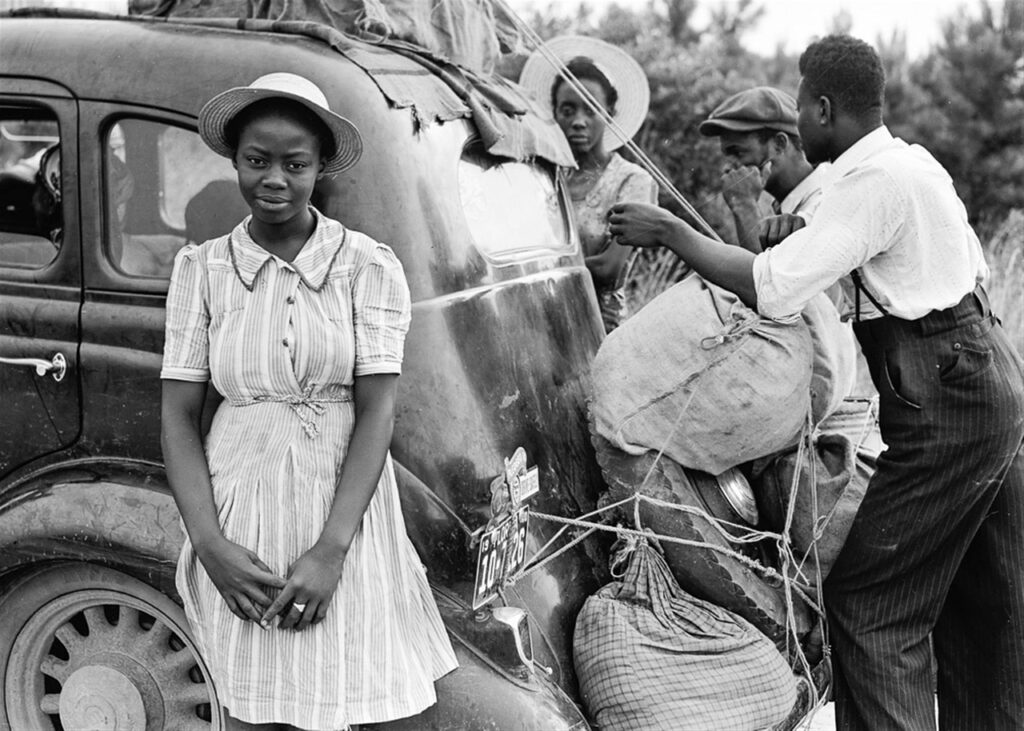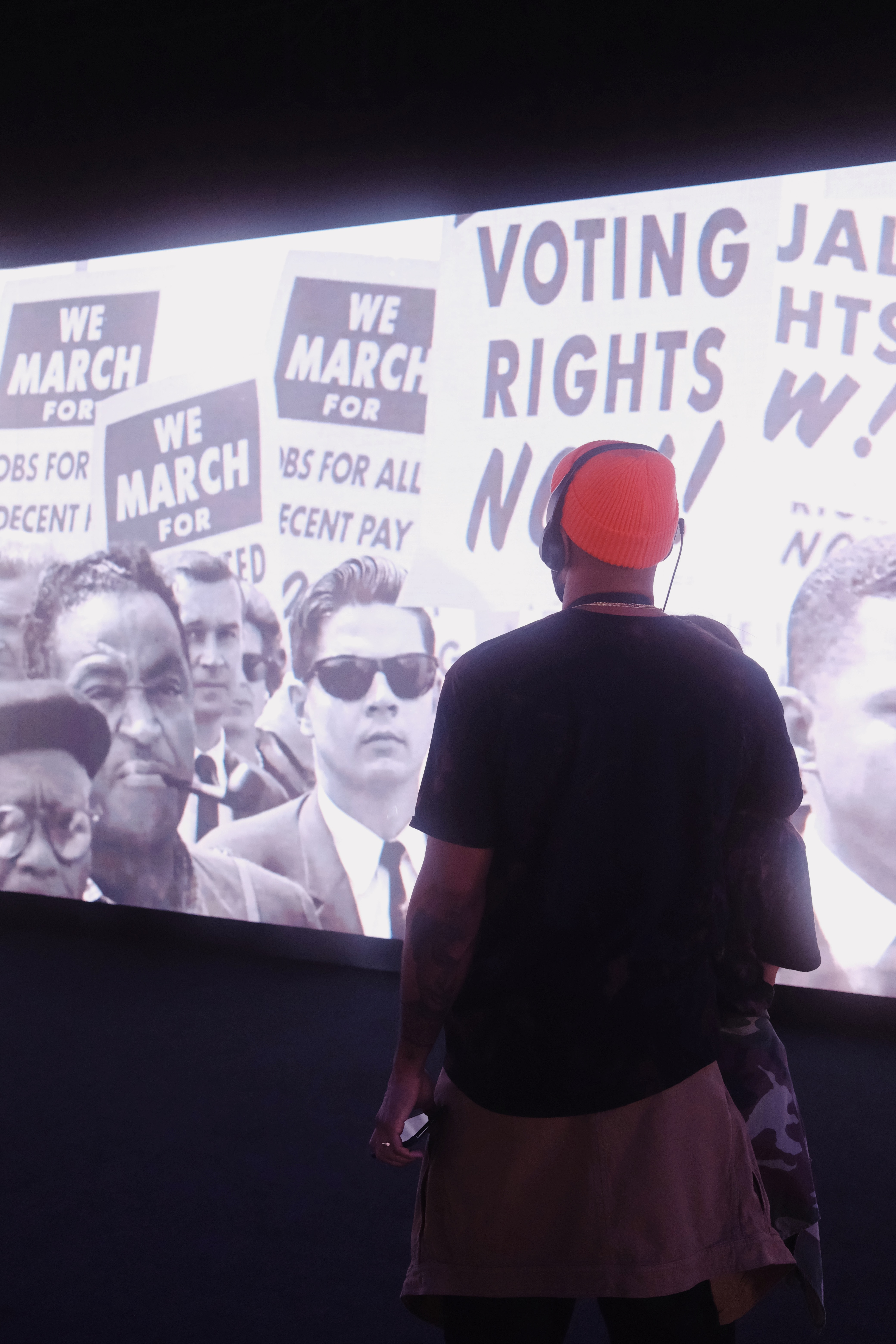By: Priscilla Wiredu
Black Canadian history is important with respect to remembering the struggle of Black Canadians trying to make a living for themselves in a country that is assimilated, marginalized, and alienated into small spaces.
The Africville Museum acts as a token; an exhibit that is forever stilled in time that perfectly encapsulates the struggles, activities, and lives of Black Canadians in a small rural Halifax neighbourhood.

What is the Africville Museum?
The Africville Museum is a museum located in Halifax in Africville Park. From the 1860s, the community of Africville was home to many African Nova Scotians. These residents resided on the North shore of Halifax Harbour. Unfortunately, during the 1960s due to industrialization the community was destroyed to pave way for new businesses, institutions, and community services. As a result, the former Africville residents travelled across the area due to being displaced.
In 2010, Africville residents were given a sincere apology for the loss of their culture, heritage, and community, from the city of Halifax. The settlement enabled the Africville Heritage Trust which was an extension to the museum. It consisted of a volunteer board that were community members of Africville that overlooked decisions. The Africville museum is a place where former residents and descendants of Africville can reconnect and learn more about their historical pride.
The museum gained popularity with the launch of its unique publications as well as focused resource links about the museum, the history of Africville, and the impact that it has on Black identity in British Columbia.
Africville is a visitor attraction that draws attention not only from tourists, but strengthens the province’s heritage and acts as a venue to remember the symbolic representation of Africville and its contributions to the Canadian and African diaspora.

The Story
The Africville community was first established in the mid-1800s. The community of residents made efforts to pay taxes, work jobs, raise children, and took pride in their lives and achievements. It included a tight knit community where there were brightly painted houses and everyone helped one another. It also included its own school church, community center, and post office for residents.
The community continued to operate despite years of petition and municipal taxes. There were also other challenges with respect to a lack of resources such as water filtration, paved roads, and police/ambulatory services.
In 1854, industrialization took its wrath over Africville, with facilities such as prisons, slaughterhouses, and infectious disease hospitals beginning to emerge around Africville. Soon, Africville was labelled as a slum with its decrepit look and run down facilities surrounding it.
In the 1940s, due to inefficient sewer services from the lack of funding residents were forced to use contaminated water from local springs. From 1964 to 1970, residents of Africvile were forced to be placed in housing projects as their homes were demolished from further industrialization.
In 1963, Africville residents sought political reform by forming the Africville Action Committee. In 1983, the Africville Genealogy Society formed and two years later the society mobilized successful and equal reparations from the city of Halifax for Africville’s destruction.
Finally, in 2010, a settlement was reached where 2.5 acres of land would be used to reconstruct the church, with an added $3 million allocated towards the construction costs and a public formal apology from Mayor Peter Kelly.
Africville’s memory and spirit is remembered to this day. Its heritage and enriched history are being put on display for many to recognize the implications of industrialization and urbanization. Africville is a story of faith, resilience, and strength. Its values continue to inspire future planning committees.
Scholarship Program
The Africville museum offers a scholarship program in accordance with the AHT and the Waterbury Newton Law Firm. This scholarship program aims to provide financial assistance to former residents and descendants of Africville who wish to pursue post secondary education.
This scholarship is of best interest to students who demonstrate efforts in advancing the purpose of the society through community advocacy, resource, publications and training. This scholarship was created through Waterbury Newton’s donation of $100,000 in seed money. The seed money is a portion of legal fees issued from the settlement lawsuit against the city of Halifax.
This fund provides annual scholarships with respect to all fields of study, provided that they take place in an accredited Canadian college or university. Applicants must show a legal document that outlines their proof of residency and an acceptance letter of enrolment to qualify for the scholarship.
Application forms offer more information about the program and other documentation needed.

Donation/Contact Information
The Africville Museum also offers a virtual online shop for those interested in purchasing items. They also have a donation page set up for those willing to help keep the image and legacy of Africville alive.
The museum operates from Monday to Friday, 10AM-4PM, with admission as follows:
Adults: $7.00
Students/Seniors: $6.00
Children aged five and under are free.
Their contact information is also as follows:
Address: 5795 Africville Road, Halifax NS.
Phone: (902)-422-1116
Email: projectafricvillemuseum@gmail.com
They also wish to be connected via social media:
Priscilla Wiredu is a writer for this year’s Black Voice project. An alumni of York University, she graduated with Honors where she studied Social Sciences. She then went on to get an Ontario Graduate certificate in Creative Writing from the Humber School for Writers, and a college certificate in Legal Office Administration at Seneca College. She is currently studying for the LSAT in hopes of going to law school. Her main goal as a Black Voices writer is to ensure Black issues and Black Pride are enunciated through her works.

